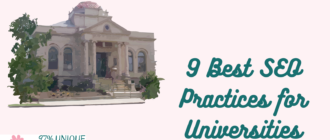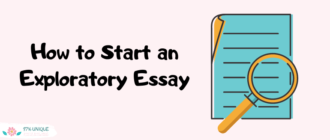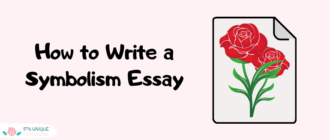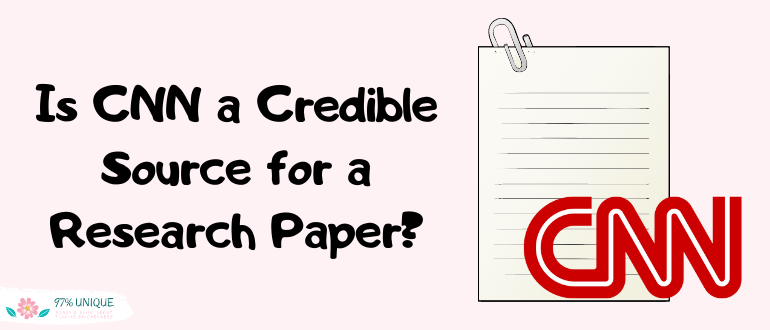
One of the greatest things to come out of the modern age is access to an endless amount of information right at our fingertips.
Unfortunately, we also have to figure out how much of that information is actually credible.
I faced this struggle many times during my undergrad and grad studies, especially when looking at news sites. In fact, one of the first questions I met was: “Is CNN a credible source for a research paper?”
Don’t worry — I’m here to tell you that there are only a few simple steps to take when deciding whether a reference is credible or not. After reading this article, you will be able to:
- Differentiate scholarly versus popular sources.
- Understand the importance of reputation.
- Find quality references for your paper.
Now let’s get to work. Before getting down to any specifics and the main question “Is CNN a Credible Source for a Research Paper?”, let’s look at the types of sources out there and what they’re used for.
First Question: Why?
“Why do we even need sources?” you may be wondering as you start your arduous search into finding them. Quite simply, they not only give your writing credibility and support your idea, but they also make your work “fascinating and enjoyable.”
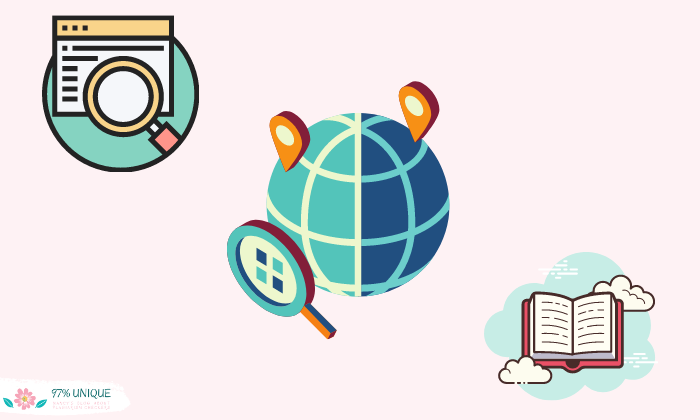
As such, there are two categories that you will come across when writing those fascinating research papers:
Scholarly: This is research that has been written and peer-reviewed by experts in a particular field. They usually include citations and average at 10-30 pages in length.
Popular: Conversely, these are more general, do not require any evaluation by other experts and don’t often include any citations. They range from 200 words to a few pages.
Personally, most of my research papers have used a blend of both, as scholarly and popular references alike have something to offer. While scholarly ones are good at establishing authority in the subject, popular ones give background information and provide a contextual view.
Types of Sources for a Research Paper
So now that we understand the difference, the question becomes: what are actual examples?

1. Primary: These are first-hand documents, such as interviews, letters, diaries, manuscripts, archives, or speeches.
2. Secondary: By contrast, these act as an analysis or comment on primary sources, such as articles of interpretation.
3. Tertiary: Lastly, tertiary sources index or arrange groups of references, usually not credited to a particular author. Think encyclopedias, dictionaries, almanacs, or chronologies.
A YouTube video provided by the user Ms. Peer Editor offers some more good options, including YouTube itself or TV channels like The Discovery Channel, PBS, or The History Channel. As the YouTuber explains, these are terrific auditory and visual sources which could be either primary or secondary, depending on the subject.
Before becoming overwhelmed at all of these choices, remember that which ones you choose will depend on your research inquiry and discipline — though you can always ask your professor for guidance!
Of course, if you need some tips and tricks on how to write a qualitative research paper, you can check out this link here to ensure you’re on the right track!
Is CNN a Credible Source for a Research Paper?
Credibility is the next topic to tackle. So how credible is CNN? By far, the question I faced the most often was whether news sites are reliable enough to include in my research paper, especially CNN.
A survey completed in 2020 found that 21% of adults believed CNN to be “very credible.” There were tons of factors that influenced this response, including age, education level, and access to news channels.

Taken at face value, 21% may seem a bit low, but consider this: CNN has an enormous reputation to hold. In fact, as Statista claims, CNN’s “…content is consumed by hundreds of thousands of people per day, meaning that the news channel has a certain degree of responsibility.”
And this is what it all boils down to: reputation and responsibility.
Many popular sources, such as online blogs, don’t have a governmental or university department to report to — they only have themselves. So, they can really say whatever they want without facing repercussions.
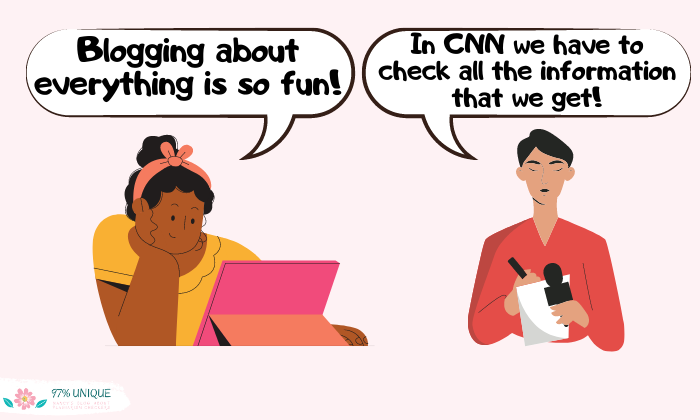
CNN doesn’t have that luxury. Inaccurate reporting can lead to a sink in ratings and a tainting of the news company itself. But is CNN credible?
In that way, yes, CNN is credible — but that doesn’t mean it is a completely flawless choice.
Pros and Cons of Using CNN as a Source
Why is CNN credible and it can be not? Let’s break down the advantages and disadvantages of using a news site like CNN to see where the answer lies:
Pros
- CNN remains one of the top references when it comes to the coverage of recent or current events. As a journalistic outlet, they provide an abundance of “fine details. “
- Also, Statistics Solutions, a mentor group on Twitter, brings up a point to emphasize this. After all, outdated ones lead to outdated papers!
If you’ve been working on your dissertation for some time, it’s important to take a look at your sources to ensure they’re up to date.
How to update your sources: https://t.co/57cUULdjDO#DissertationWriting #ResearchSources #LiteratureReview
— Statistics Solutions (@StatsSolutions) January 6, 2021
- Moreover, as CNN is a news site, they will publish things that haven’t yet been studied or reported from an academic viewpoint.
- Finally, CNN can give context about certain events by providing quotes from other individuals that would be considered reputable, such as insight from politicians, researchers, or scientists.
Cons
- Lots of research has been done on the bias of news stations, with results showing that CNN leans left. Some academic institutions might dismiss news sites due to this bias, potentially leading to what they view as inaccurate information.
- “Opinion” or “editorial” reports on CNN consist of opinions similar to personal blog sites, which could be excluded as there is no huge responsibility besides the personal writer’s.
- Keep in mind that CNN’s main goal, like most major news networks, is to have high ratings. Therefore, they may construct their headlines or reports in a way that sparks interest first and foremost.
So, what is the final answer to the question “Is CNN credible”? Yes, CNN is a credible source when doing with a sense of an “object of analysis.”
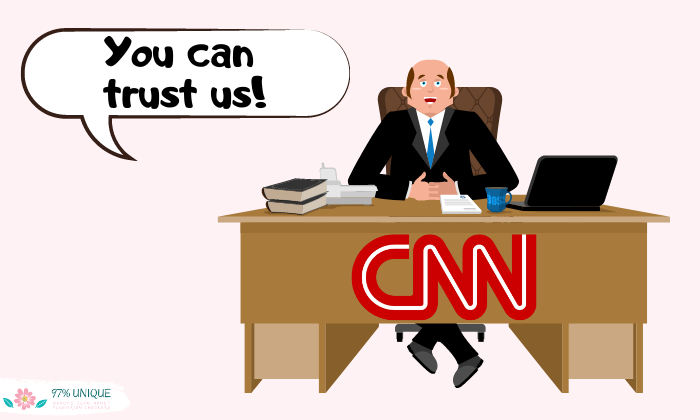
Essentially, you should use news sites like CNN not as an authoritative reference but rather as one that you use to help you explore your ideas further. In the end, any reference that helps shape your idea is one worth using.
Tips for Finding Great Sources
Now that you know all about the different types of sources and which ones are credible or not, it’s time to explore the best ways to find them!
In the video uploaded by Rueschhoff Teaches, the YouTuber makes a great first point: libraries are STILL a great resource for finding references.
Besides offering first-hand books, journals, periodicals, magazines, and newspapers, they also have another incredible resource – librarians. They are often the perfect starting point for finding scholarly, popular, primary, secondary, and tertiary references — all the good stuff!
Of course, these days, the Internet is the go-to for many researchers, whether they are students or experts alike. Before going off onto Google, consider other reputable big sources such as governmental websites, research think tanks, professional associations, and, of course, scholarly databases such as Jstor, Sage, Scopus, or ProQuest.
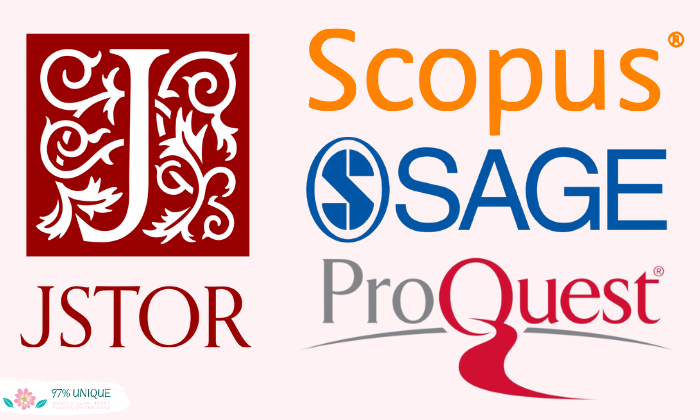
That’s not to say that Google isn’t handy.
Susan Johnston Taylor, a published writer on multiple platforms, mentions using “Google Scholar” on Twitter. Not only does Google Scholar offer scholarly sources, but they also show you how many times a particular reference has been cited.
For finding sources, @MadelineBodin does a literature search in Google Scholar & sorts by recency. Same experts often come up. #ASJA2019
— Susan Johnston Taylor (she/her) (@UrbanMuseWriter) May 5, 2019
When you have done your research and start to come across many sources, you’ll want to remember to organize them properly or else face several intense headaches later.
YouTuber Marble Jar Channel uploaded a very handy video on organizing your references using Google Sheets. It’s an incredibly helpful tool for writing any kind of research paper.
One last other helpful tool is an online plagiarism checker. You can read more about the best plagiarism checkers in this article.
Useful Resources
- Title page for a research paper
- List of credible sources for research
- Using research and evidence
- 113 great research paper topics
And There You Have It!
Once you break down the process of what sources are, which are credible and how to find them, you find out that the journey isn’t so bad! In fact, you could even learn how to write a literature review in a day, including finding sources, as you can see here.
Hopefully, this answers the question, “Is CNN a credible source for a research paper?” and inspires you to write!


